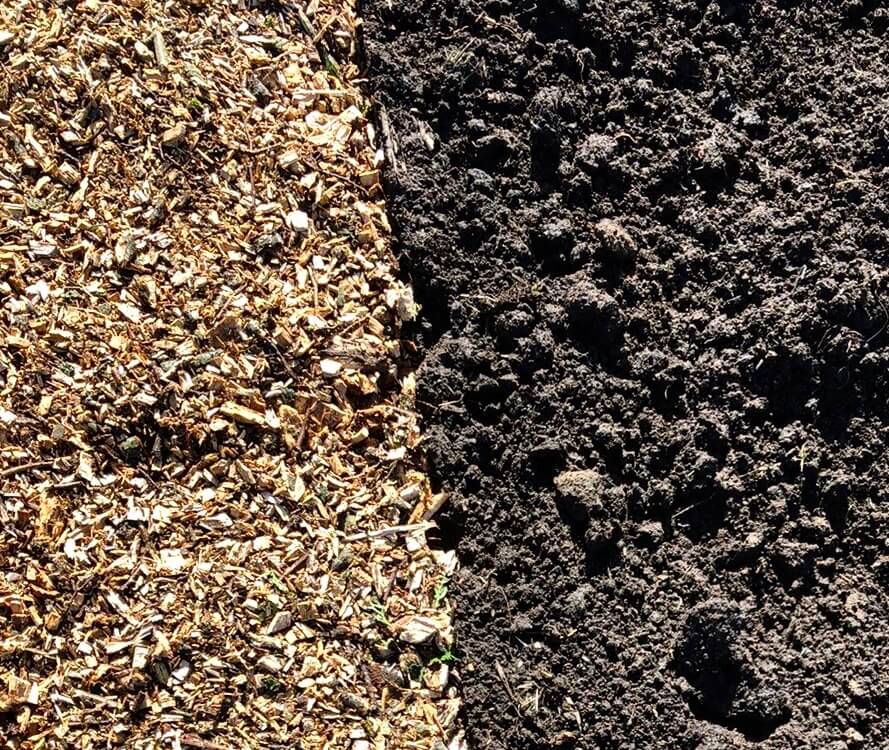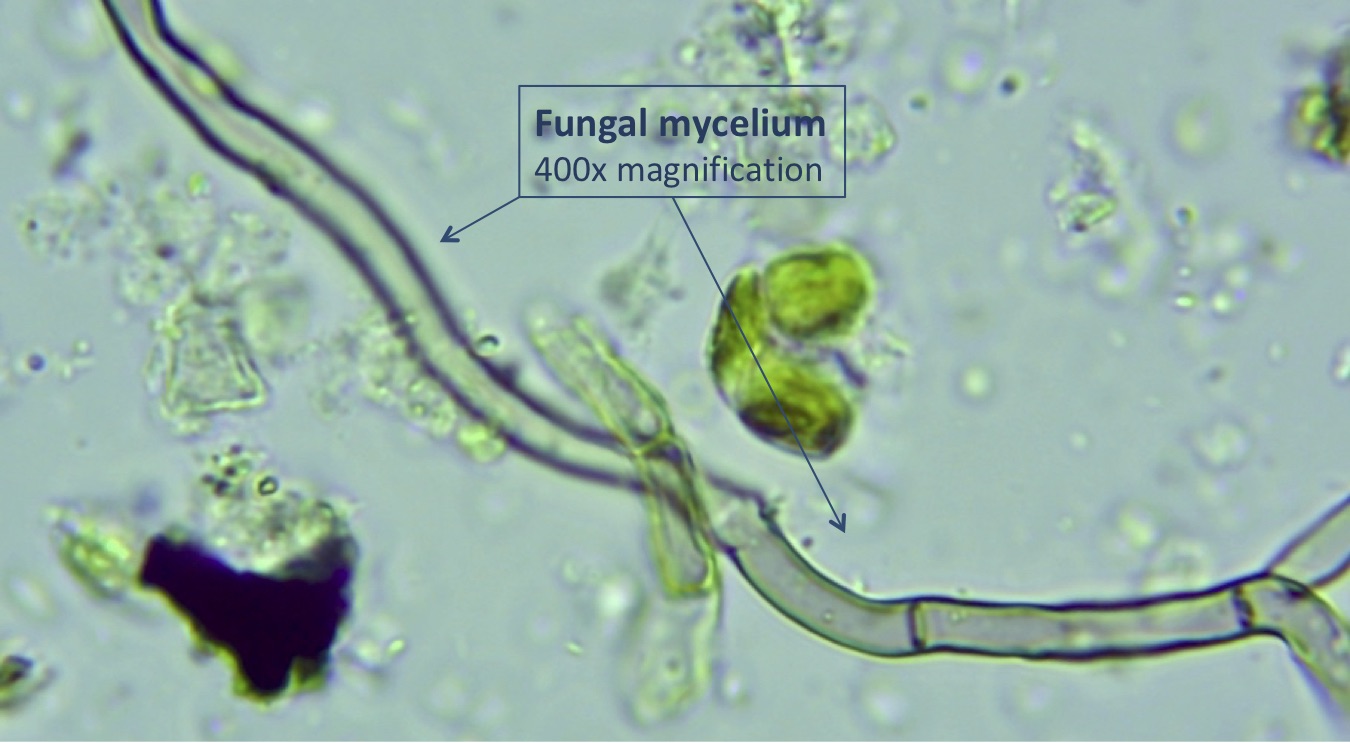
The Zerodig story

Understanding Zerodig
There are three pillars to Zerodig: Climate action; Ecosystem restoration; and Healthy food produced locally.
Zerodig achieves all these three objectives by feeding and nurturing the soil biology. To do this successfully one has to stop disturbing the soil – no more digging, no more cultivation, no more ploughing.
The problem with digging
Every time the soil is cultivated the soil biology is hit hard. Beneficial micro-organisms – especially fungi and earthworms are decimated. Carbon that was locked in the soil is exposed to oxygen and lost as CO2. Soils lose their structure and get washed or blown away.
We now know that crops can be grown in abundance with no tillage; and farming systems can be weaned off their chemical dependence.
Using nature’s R&D
The trick is to understand how, for over more than 300 million years, nature has perfected ways to grow strong healthy plants without our need to interfere and control the process.
By harnessing the power of the soil biology and nurturing it to our benefit we can restore bio-diversity, reverse eco-system collapse, put all that carbon back into the soil and grow healthy food.
So, how did plants thrive and conquer the world without our help?
They did this by evolving in harmony with a network of micro-organisms in the soil – the most important of which are the soil bacteria and fungi. And there are a lot of them – a teaspoon of healthy soil contains more bacteria and fungi than people on the planet. If you unravelled the fungal mycelium in that teaspoon of healthy soil it could easily be several kilometres long.
Soil biology and micro-organisms
Plants thrived by making a deal with soil micro-organisms – especially bacteria and fungi – where they exchange the sugars made from photosynthesis for the other minerals and nutrients that they need and which the soil micro-organisms are experts at obtaining.
To feed the soil micro-organisms, plants push out into the soil half of all the sugar compounds they make from photosynthesis. This is a massive investment of energy. But as long as the soil remains alive and healthy the plants get a good return on their investment in the form of all the other minerals and nutrients they need.
At Zerodig we concentrate on feeding and nurturing the soil biology. If we do that successfully the plants will thrive and produce healthy nutrient rich food.
Soils with a healthy biology are stable and will not readily wash or blow away. They also store lots of carbon.

Fungi
Fungi are a key element of the Zerodig solution as their vast networks of tubular cells called mycelium are the big soil stabilisers and, when they link up with plant roots, give the plant access to a much larger soil area than the plant can access on its own. This helps plants thrive when water is in short supply and provides them with a host of nutrients and minerals that they need to grow and produce tasty and healthy food.
Fungi are simply the most incredible organisms around. 500 million years ago, when plants had no roots the fungal mycelium stepped in to provide the earliest plants with the root structure they needed. Fungi are at the base of life as we know it. At Zerodig we have total respect for fungi!
The fungal networks of mycelium are also particularly vulnerable when soils are cultivated.
Healthy food successfully produced locally
Zerodig processes mimic the diversity, interconnections and structure of nature to produce abundant healthy food. We can do this by minimising disturbance to the soil biology and by nurturing the type of soil biology we need to produce not only healthy plants but also commercially successful small scale farms. The right mix of fungi can dramatically reduce the need for weeding in market gardening. No cultivation and no weeding leads to reduced costs.
Fungi’s favourite food is woody material – leaves and wood chips – so in Zerodig market gardening – filling the paths with wood chips provides a perfect habitat for fungi to thrive. As they grow the fungal mycelium will invade the beds in-between the wood chip paths and hook up with the plants that are growing there to provide them with the nutrients and protection they need.
By adding compost and other organic matter directly onto the beds we are also “inoculating” the soil with a host of beneficial micro-organisms and providing some very tasty food for earthworms. Earthworms are the soil’s engineers and a good count of earthworms helps mix the soil and – more importantly – provide “taxi rides” for soil micro-organisms to get around and establish themselves everywhere.
In conclusion…
These two elements: woodchips and compost “kick-start” the Zerodig soil biology and allow Zerodig growers to benefit from 300 million years of nature’s R&D.
Indeed, there is a fourth Zerodig pillar – which is to always look for the solution in nature. Ask yourself: What would mother nature do? You’ll almost always find the answer in the soil right under your feet.
Recent Comments